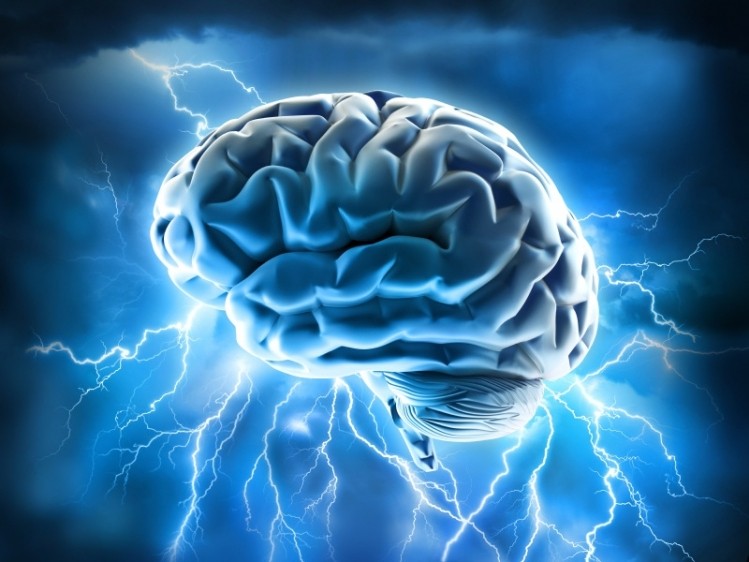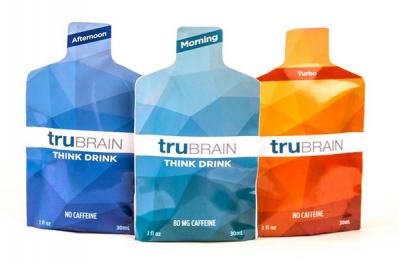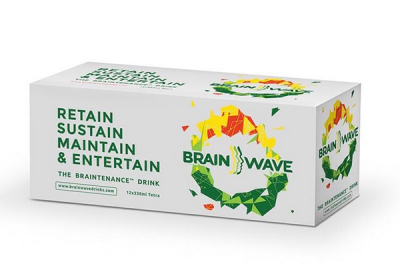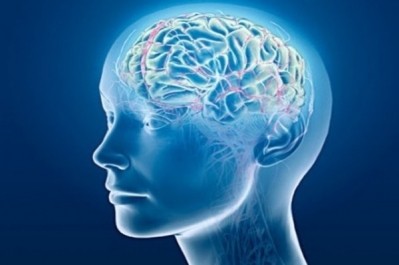Brain-enhancing drinks: Green tea should be vehicle of choice

Parents are readily convinced by baby food which offers cognitive health benefits yet products at the other end of the age spectrum fail to gain traction. Brain health and memory is a difficult positioning for companies in which to gain traction as the very nature of the category means that products have an inability to produce immediate results. This positioning saw global sales of just US$500 million in 2013, driven primarily by Asia Pacific.
Drinks which enhance cognitive performance will always be a hard sell. However, with its high concentration of epigallocatechin-3-gallate (EGCG), the supposed brain-enhancing ingredient, green tea could turn things around.
One key target audience will be those concerned about the onset of dementia. The number of individuals with dementia continues to grow. The Alzheimer’s Society in the UK estimates that one in 14 people aged 65 and over has some form of dementia, if this figure is applied to the global population, over 51 million people could have dementia in 2018. This is no small target audience. However, in order to gain credibility, manufacturers should ensure that the ingredients used in products carry strong claims and if possible guarantee consumers an efficacious result within a certain timeframe. Nevertheless, will consumers really take action before it is too late?
Numerous vitamins and minerals linked to cognitive health
The number of functional ingredients aligned with boosting brain health and memory is by no means limited. For example, in the EU, there are 15 ingredients which have EU Article 13.1 General Health Claims aligned with brain health and memory, ranging from the more basic vitamins and minerals to DHA omega-3. While there are claims for brain health relating to caffeine, it is excluded from this list as they have not yet passed the EU rule book due to concerns surrounding overconsumption.
In addition to these 15, co-enzyme Q-10, ginkgo biloba, green tea extract and L-carnitine are increasingly used in brain-boosting functional food and drink in Asia Pacific and North America. In Asia Pacific, for example, green tea extract and ginkgo biloba carry extra resonance as they are used in traditional medicine.
EU Article 13.1 General Health Claims Pertaining to Brain Health and Memory
Article 13.1 General Health Claim | Ingredients |
Contributes to normal psychological function | Biotin, folate, magnesium, niacin, thiamine, vitamin B12, vitamin B6, vitamin C |
Contributes to normal brain function | Docosahexaenoic acid (DHA), |
Contributes to normal cognitive function | Iodine, iron, zinc |
Contributes to normal mental performance | Pantothenic Acid |
Contributes to normal physical and cognitive functions | Water |
Source: EU Regulation 432/2012 and Euromonitor International
Green tea a potential medium for brain health ingredients
Green tea has also long been linked with living a healthy life. However, despite numerous studies on the benefits of EGCG, it is yet to carry a strong claim for any health benefit. In March 2014, researchers at the University of Basel found that drinking a green tea extract enhances memory performance. The researchers used green tea extract which contains a lot more EGCG than in a cup of green tea brewed at home. However, green tea could well be a good medium for functional ingredients pertaining to memory and cognitive development. Sales of naturally healthy green tea and ready-to-drink (RTD) green tea combined increased by an impressive US$3.1 billion over 2008-2013, driven primarily by Asia Pacific.
In Western Europe and North America, where 18% and 16% of the population, respectively, is set to be over the age of 65 by 2018, absolute growth is, however, set to be modest over 2013-2018, at US$195 million and US$100 million, respectively. Perhaps marketing the benefits of green tea and aligning it more closely with anti-ageing could help boost the performance of the category.
Brainwave and Kolé Alive launch in 2014
There have been a number of brain-focused drinks launched in recent years which have also utilised the ingredients mentioned above. However, there seems to have been a spurt in early 2014.
Kolé Life Foods launched three tonics, Alive, Dreams and Happy, in the US in 2014. The tonic category is a successful one in the US, with sales increasing by more than 200% over 2008-2013. Alive claims to enhance alertness, focus and brain performance as well as prevent hangovers. It contains a wide range of vitamins, all
of which could carry brain health and memory claims should it be launched in the EU. The long list of ingredients includes thiamine, riboflavin, niacin, vitamin B12 and B6, biotin and magnesium.
Cognitive-enhancing product development is by no means US-specific. Brainwave, launched in the UK in 2014, claims to maintain a healthy mind and hence reduce the chances of developing Alzheimer’s and dementia in later life. These are all quite strong claims for a drink product which can be bought by anyone over the internet. It contains green tea extract rich in EGCG, jasmine extract, caffeine and L-theanine.
Nevertheless, are consumers thinking about the onset of dementia? Or is action only taken once cognitive decline has been diagnosed? The latter appears to be more common, indicating that this drink will have to invest heavily in education to gain a long-term consumer base.
Brain drinks to remain a niche
Improving brain health and memory will continue to be a hard sell for manufacturers. Globally, it will remain a niche, with most consumers trusting supplements over drinks products. Perhaps China could help boost sales due to the country consuming the most RTD green tea globally and the strong influence of other brain health-related ingredients in traditional medicine. Combining these could be a formula for success. Nevertheless, those that do succeed will need to educate younger consumers about the benefits of maintaining brain health and show a level of efficacy in order to see some success.















